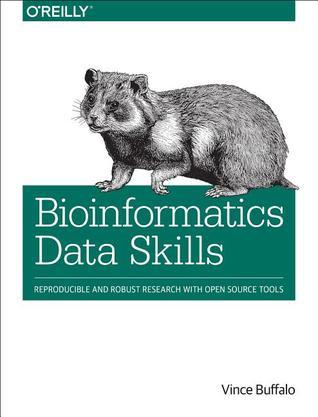What do you think?
Rate this book


538 pages, Paperback
First published July 25, 2014
In teaching bioinformatics, I often share this idea as the Golden Rule of Bioinformatics: NEVER EVER TRUST YOUR TOOLS (OR DATA) This isn’t to make you paranoid that none of bioinformatics can be trusted, or that you must test every available program and parameter on your data. Rather, this is to train you to adopt the same cautious attitude software engineers and bioinformaticians have learned the hard way.